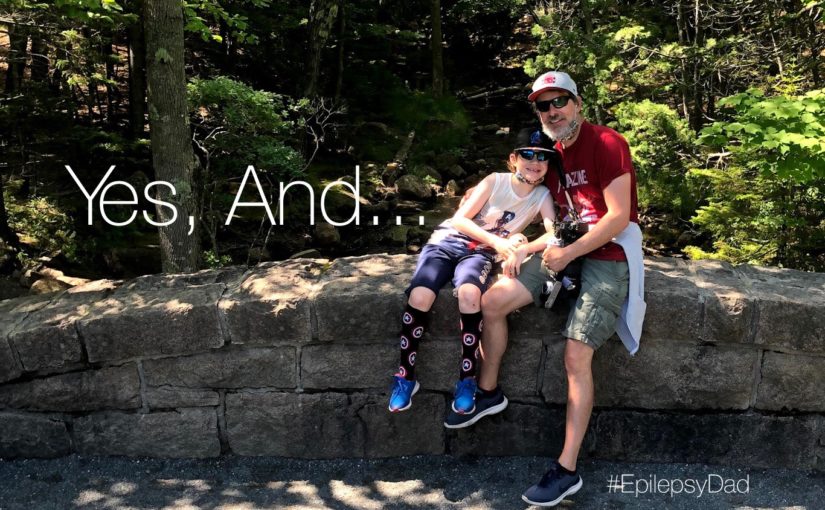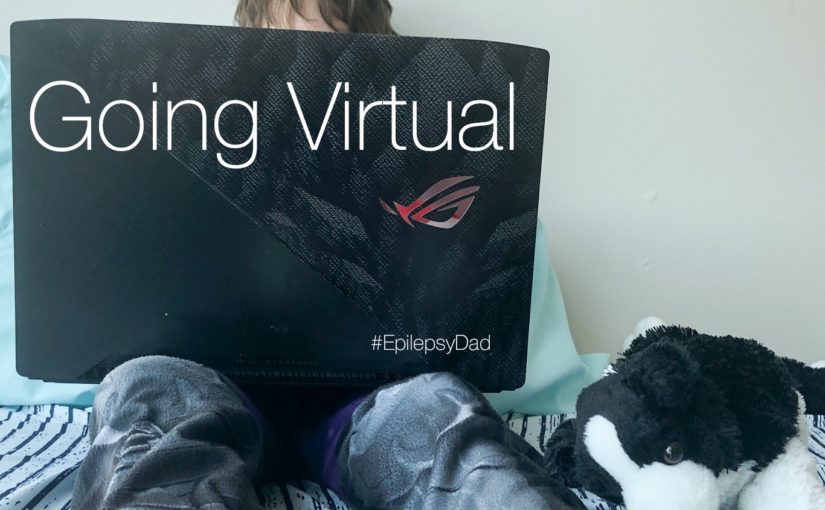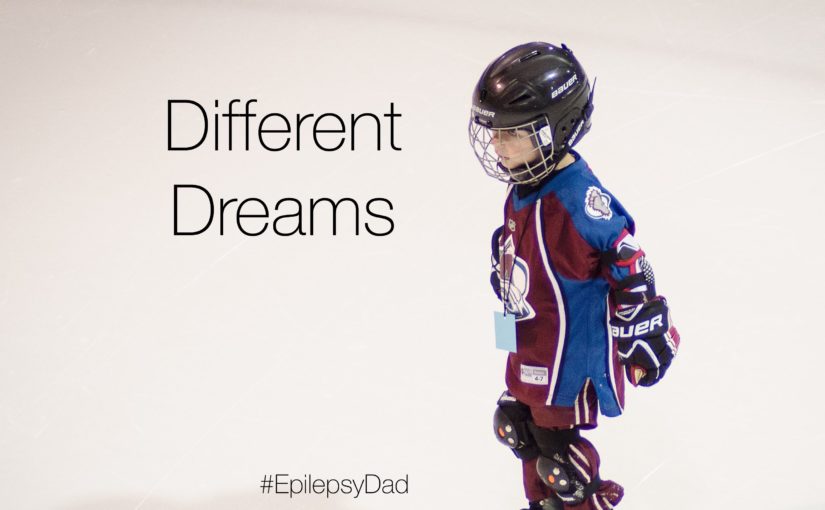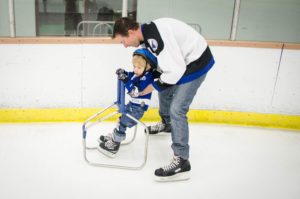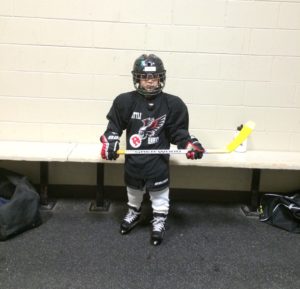We didn’t ask for this. One day, we woke up the same way we always did, and that night we were walking back to our hotel room from the hospital in a strange city after my son had his first seizure.
That was six years ago.
For many of those years, I fought what was happening. I didn’t want it, and I thought if I resisted it that it would go away. I looked at what was happening, and I led with “no.”
That “no” manifested as resentment and anger. I wasn’t angry at my son. I was angry at epilepsy. I was angry at seizures. I was angry at the medication and the side effects. I was angry at the universe for doing this to my little boy. The seizures, the meds, the side effects. The impact on his future.
Even though I wasn’t angry at my son, based on the way I was acting, to him, it probably felt like I was. I worried that he was internalizing what I was projecting. For years, he walked around saying, “I’m sorry” every time I corrected him or asked him to do something.
I tried to change how I was showing up for him. Instead of fighting what was happening with a “no,” I moved on to a “yes, but…” I admitted that epilepsy was happening, but made excuses so that I wouldn’t have to give in to that reality fully. “Yes, this is happening, but someday it won’t.”
The “but” in “yes, but…” wasn’t about giving up hope. It was about a lack of acceptance. There was still that resistance that got worse as things with my son got better. Instead of a bump in the road, every setback, every new symptom, every increase in seizures felt like falling off a cliff.
That falling, too, surfaced as frustration and resentment. I had little tolerance when things weren’t right. I would snap when the smallest thing went wrong. I thought that I could correct our way out of this if I could get everything perfect. I kept trying to control and change the situation into something that it was never going to be.
When we are no longer able to change a situation – we are challenged to change ourselves. ~Viktor E. Frankl
In the world of improv comedy, there is a concept of “yes, and…” The idea is that a participant takes what is given and adds to and expands it. Instead of “no” (the brick wall) or “yes, but..” (the resistance ), the “yes” encourages acceptance and the “and” expands.
Yes, my son has epilepsy, and he is amazing. Yes, he has seizures most days, and he also goes to school and plays baseball and loves Fortnite. Yes, we are on a different path than we thought we were going to be, and the future is full of new possibilities.
I’m not going to lie, even as I typed the sentences above, I struggled to think of the “and…” My brain isn’t wired to find the positive in impossibly difficult situations. But the more I do it, the easier it will become. The more I practice, the more my brain will automatically find the possibility. I can’t change the situation, but I can change how I approach it and how I engage with him. Because he truly is amazing, and he needs to feel that from me.
Yes, my son has epilepsy, and I am the luckiest dad there ever was.
